
Caribana
OMAR THOMAS
Born 1984 Brooklyn, New York
Omar Thomas is an American composer, arranger, and educator. Born to Guyanese parents, Omar moved to Boston in 2006 to pursue a Master of Music degree in jazz composition at the New England Conservatory of Music. He is the protégé of Ken Schaphorst and Frank Carlberg, and has studied under Maria Schneider.
Omar’s music has been performed in concert halls across the country. He has been commissioned to create works in both jazz and classical styles. His work has been performed by such diverse groups as the Eastman New Jazz Ensemble, the San Francisco and Bostn Gay Men’s Choruses, and the Colorado Symphony Orchestra.
He conducts the Omar Thomas Large Ensemble, a group first assembled for Omar’s graduate composition recital at the New England Conservatory of Music in the spring of 2008. He was awarded the ASCAP Young Jazz Composers Award in 2008 and was invited by the ASCAP Association to perform his music in their highly exclusive JaZzCap Showcase, held in New York City.
Mr. Thomas accepted a position in the composition area at the University of Texas in Austin in the fall of 2020. Previously, he was a member of both the Harmony and Music Education departments at Berklee, where he taught all four levels of harmony offered, addition to taking charge of the “Introduction to Music Education” course. Omar was an active member of the Berklee community, serving on the Diversity and Inclusion Council, the Comprehensive Enrollment Strategy Workgroup, and acting as co-chair of the LGBT Allies. Omar was nominated for the Distinguished Faculty Award after only three years at the college, and was thrice awarded the Certificate of Distinction in Teaching from Harvard University, where he served as a teaching fellow.
The composer writes:
Named after the largest Caribbean carnival in North America outside of the Caribbean (held annually in Toronto and now called “Toronto Caribbean Carnival”). “Caribana” is my attempt to bring the Calypso and Soca music of Trinidad and Tobago to the large ensemble symphonic music stage. Though this music originated on the islands of Trinidad and Tobago, they have become cultural staples of all Caribbean nations, with singers and songwriters from various countries adding to the rich tapestry of the tradition. Driven by layers of rhythmic percussion (known as “the engine room”), “Caribana” seeks to recreate the experience of immersion in the carnival experience – from the elaborate beaded, feathered, and shimmering costumes, to the flatbed 18-wheeler trucks blasting Soca and Calypso through their massive speaker systems, followed by people dancing shoulder-to-shoulder to the driving and infectious music, waving flags of their respective Caribbean nations in perfect rhythm to the driving and infectious music. This piece gives you a bird’s eye view of the festivities, swoops in and darts about, taking in individual scenes and sights, immersing you in the pulsing chaos of the moment, and finally making you one with the electrified crowd of revelers as you follow the music down the parade route.
As a proud son of parents, aunts, uncles, cousins, and ancestors born in the Caribbean nation of Guyana, South America, Calypso and Soca form many of my earliest and most endearing musical memories. There is not a family gathering I can recall that wasn’t (loudly) underscored by this music, be it a cookout, a holiday, a wedding, a repast, Saturday morning house cleaning, or car rides to and from Brooklyn. The creation of this work is the realization of a years-long dream to hear this music brought to the symphonic concert stage in a way that is authentic, and that integrates our musical cultural language with the idioms of the symphonic concert genre.
This piece is lovingly dedicated to my family and to the ancestors. Wave yuh flag!
ARTIST BIOGRAPHIES
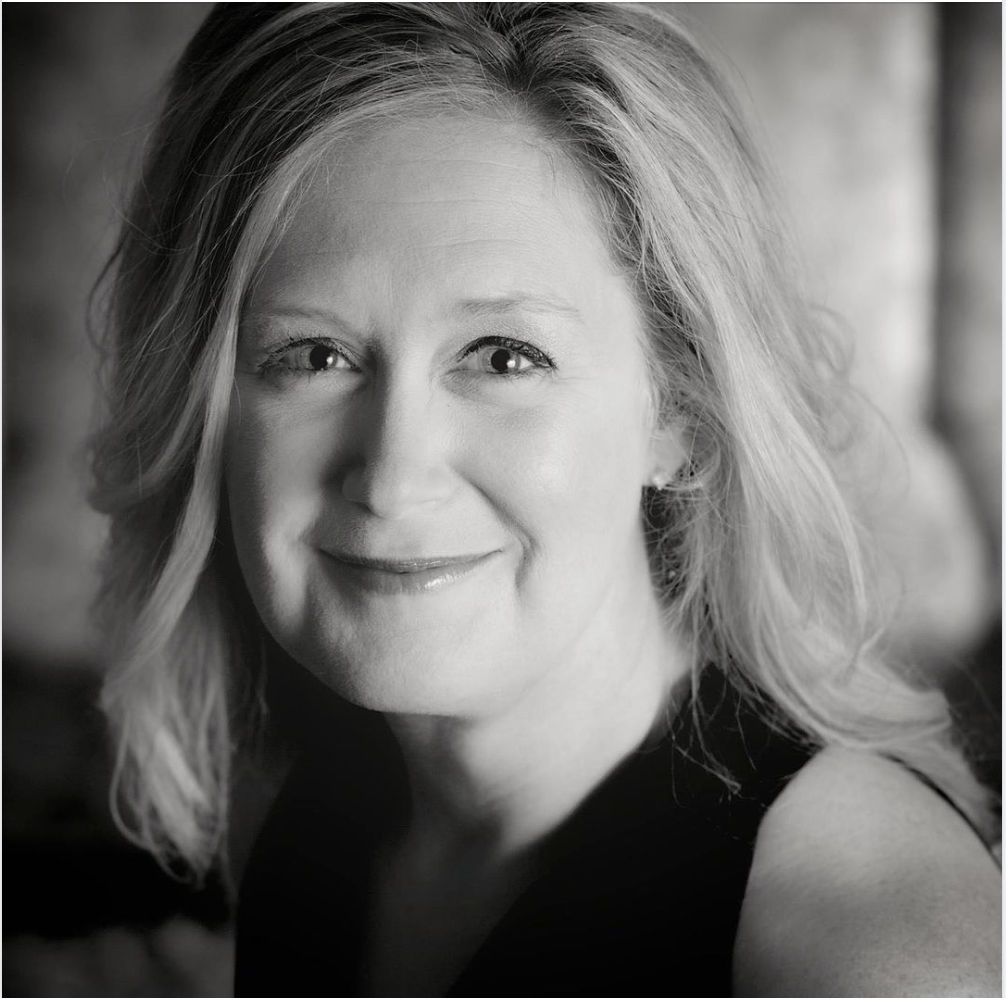 ANDREA E. BROWN was appointed Associate Director of Bands at the University of Maryland, College Park in 2018. In this position, she conducts the University of Maryland Wind Ensemble (UMWE), serves as the Director of Athletic Bands and teaches conducting. Brown is formerly a member of the conducting faculty at the University of Michigan, where she served as Assistant Director of Bands and was a faculty sponsor of a College of Engineering Multidisciplinary Design Project team that researched conducting pedagogy technology. She also served as Director of Orchestra and Assistant Director of Bands at the Georgia Institute of Technology in Atlanta. She is a frequent guest conductor, clinician, and adjudicator in the United States, Europe, and Asia.
ANDREA E. BROWN was appointed Associate Director of Bands at the University of Maryland, College Park in 2018. In this position, she conducts the University of Maryland Wind Ensemble (UMWE), serves as the Director of Athletic Bands and teaches conducting. Brown is formerly a member of the conducting faculty at the University of Michigan, where she served as Assistant Director of Bands and was a faculty sponsor of a College of Engineering Multidisciplinary Design Project team that researched conducting pedagogy technology. She also served as Director of Orchestra and Assistant Director of Bands at the Georgia Institute of Technology in Atlanta. She is a frequent guest conductor, clinician, and adjudicator in the United States, Europe, and Asia.
Brown completed a D.M.A. in instrumental conducting at the University of North Carolina at Greensboro (UNCG), where she was a student of John Locke and Kevin Geraldi. While at UNCG, she was both guest conductor and principal horn on UNCG Wind Ensemble's fireworks and finish line CDs, both released on the Equilibrium label. Brown has also had several rehearsal guides published in the popular GIA Publications series Teaching Music Through Performance in Band. She has presented at the Midwest Clinic in Chicago; Oxford Conducting Institute; Music For All Summer Symposium; the Yamaha Bläserklasse in Schlitz, Germany; the International Computer Music Conference in Ljubljana, Slovenia; the College Music Society International Conference in Sydney, Australia; and the College Band Directors National Association (CBDNA) National Conference.
A proponent of inclusion and equity issues in the music profession, Brown is a frequent guest speaker on these topics. She currently serves on the CBDNA Diversity Committee and is a member of the Drum Corps International In Step Committee. Brown is the founder of Women Rising to the Podium, an online group of over 4,000 members supporting and celebrating women band directors. Additionally, she also serves as the chair of the Sigma Alpha Iota Women’s Music Fraternity Graduate Conducting Grant and as an advisor of the chapter at the University of Maryland, College Park.
Brown previously served on the brass and conducting instructional staff of the DCI World Champion Phantom Regiment (2004–17). Other marching organizations she has instructed include the U.S. Army All-American Marching Band, Carolina Crown, and Spirit of Atlanta. Brown will serve as a music judge for Drum Corps International in the next active season, and she was nominated to become a member of the John Philip Sousa Foundation Sudler Shield Jury in 2021.
As a performer, Brown was a member of the AA Brass Quintet, which won the International Brass Quintet Competition hosted by Fred Mills at the University of Georgia. She performed with the horn sections of the Boston Brass All Stars Big Band, North Carolina Symphony, Winston-Salem Symphony, and the Brevard Music Center Orchestra. Brown has studied brass performance and pedagogy with Abigail Pack, J.D. Shaw, Jack Masarie, Freddy Martin, Dottie Bennett, Randy Kohlenberg, Richard Steffen, and Ed Bach.
Originally from Milan, Tennessee, Brown is a graduate of Austin Peay State University and earned a Master of Music in horn performance and a Master of Music in music education with a cognate in instrumental conducting from UNCG. Prior to her positions at Maryland, Michigan and Georgia Tech, Brown was the Assistant Director of Bands at Austin Peay State University and taught at public schools in Milwaukee, Wisconsin, and Dallas, Texas. She is a member of Phi Kappa Phi, Pi Kappa Lambda and CBDNA. She was awarded the Rose of Honor as a member of Sigma Alpha Iota Women's Music Fraternity, and is an honorary member of Kappa Kappa Psi and Tau Beta Sigma.
.JPG) CHRISTINE HIGLEY is a first year doctoral student in wind conducting at the University of Maryland, College Park, where she serves as a wind conducting graduate assistant and studies under Michael Votta.
CHRISTINE HIGLEY is a first year doctoral student in wind conducting at the University of Maryland, College Park, where she serves as a wind conducting graduate assistant and studies under Michael Votta.
Before coming to Maryland, Higley attended California State University, Los Angeles (CSULA), where she earned her Master of Music degree in instrumental conducting in Fall 2020, studying under Emily Moss and Christopher Gravis. In addition to her wind conducting responsibilities, Higley taught courses including “Intro to Music Education” and “Intro to Classical Music in Western Culture” at CSULA. She also served as the president of the CSULA chapter of the National Association for Music Education.
Before pursuing her graduate degrees, Higley was the band and orchestra director at Sunset Ridge Middle School in Salt Lake City, Utah, from 2014–2018. She also taught elementary school beginning band and served on staff for the Copper Hills High School Marching Band.
In addition to teaching and conducting, Higley enjoys life as a horn player. She was the horn section leader for the CSULA Wind Ensemble and Symphonic Band, and has played with the Salt Lake Symphonic Winds, the Brigham Young University Idaho Symphony Orchestra and various chamber groups. She has studied with Nathan Campbell, Jon Klein and Bruce Woodward. Higley earned her B.M. in music education from BYU-Idaho.
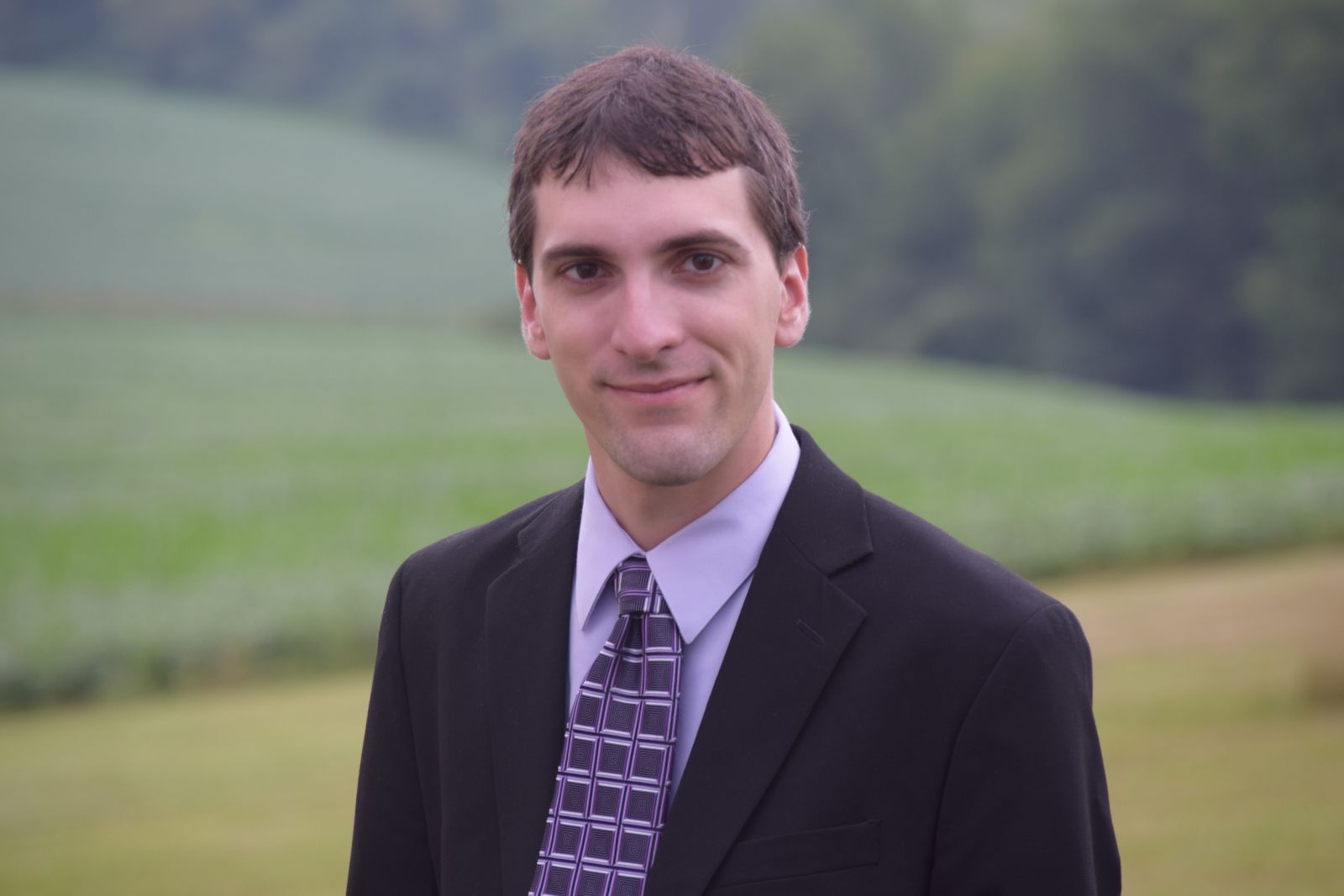 BRAD JOPEK is currently a first-year doctor of musical arts wind conducting student at the University of Maryland School of Music studying under Michael Votta, Jr. Jopek previously served as the music and artistic director of River Cities Concert Band in Louisville, Kentucky, where he worked to increase the band’s outreach in the Kentuckiana area, collaborating with local community bands and establishing chamber ensembles to reach underserved communities.
BRAD JOPEK is currently a first-year doctor of musical arts wind conducting student at the University of Maryland School of Music studying under Michael Votta, Jr. Jopek previously served as the music and artistic director of River Cities Concert Band in Louisville, Kentucky, where he worked to increase the band’s outreach in the Kentuckiana area, collaborating with local community bands and establishing chamber ensembles to reach underserved communities.Jopek was an active assistant conductor for several ensembles at the University of Louisville. He led the University Symphony Orchestra in a performance of Fanfare for Louisville by Witold Lutosławski at the 62nd Annual College Music Society conference in Louisville, Kentucky, and he worked as a rehearsal conductor for the University Sinfonietta’s performances with the 2019 and 2020 Kentucky Music Educators Association (KMEA) Intercollegiate Choir and the University of Louisville Concerto Competition. He also served as assistant conductor and operations manager for the 2019 University of Louisville Sinfonietta Costa Rica tour and collaboration celebrating the 25th anniversary of the Instituto Costarricense Pro Música Coral.
Jopek served as assistant conductor of the University of Louisville Saxophone Ensemble, which performed at the 2017 KMEA Conference featuring student arrangements of standard wind and orchestral repertoire. Jopek also worked with the saxophone ensemble as an arranger, mentored student composers and conductors, and conducted a world premiere performance of When I Arrive by Jeffrey Fox. In addition, he also volunteered with the University of Louisville Community Band as assistant conductor and percussionist.
Outside of conducting, Jopek served as an administrative assistant at the University of Louisville for numerous departments including the Grawemeyer Award for Music Composition, the Committee on Academic Performance and NCAA Faculty Athletics Representative through the university president’s office, Academic & Professional Studies, Performance Studies, and the Dean’s Office for the School of Music and University Libraries.
Jopek holds a bachelor of music education from Grove City College and two master of music degrees from the University of Louisville in wind and orchestral conducting. He has studied conducting with Edwin Arnold, Joseph Pisano, Jeffery Tedford, Frederick Speck, Kimcherie Lloyd and Amy Acklin.
ENSEMBLE PERSONNEL
Music Director
Andrea E. Brown
Flute & Piccolo
Courtney Adams
Lucas Howarth
Andrew Hui
Ksenia Mezhenny
Cecilia Skorupa
Oboe & English Horn
Zander Barrow
Katelyn Estep
Ayeesha Fadlaoui
Clarinet
Alexis Deifallah
Jenna Dietrich
Ava Dutrow
Kristina Nie
Nyla Ortiz
Sophia Ross
Sabrina Sanchez
Jerry Sun
Matthew Vice
Bassoon
Jolene Blair
Will Duis
Lurr Ragen
Saxophone
Colin Eng
Brandon Greenberg
Andrew Hilgendorf
Colson Jones
Hansu Sung
Horn
Alex Choiniere
Andrew Bures
Christen Holmes
Alyssa Proctor
Julia Terry
Matthew Tremba
Kaitlyn Winters
Trumpet
Allison Braatz
Maddie Hamilton
Caleb Johnson
Justin Lumpkin
Rodrigo Slone
Abel Solomon
Jacob Weglarz
Trombone
Tobi Ajiboye
Austin Fairley
Brian Macarell
Marlia Nash
Euphonium
Christian Folk
Malachi Gaines
Tuba
Alexander Chen
Aiden Dingus
Grace Tifford
Ryan Vest
String Bass
Daphine Henderson
Percussion
Jason Amis
Chris Boxall
Craig Bruder
Beatriz Fanzeres
Maia Foley
Kyle Graham
Mār Lemon
Jonathan Monk
Bruce Perry
Dhruv Srinivasan
Piano
Ria Yang
Harp
Heidi Sturniolo
Graduate Assistants
Christine Higley
Brad Jopek
Alex Scott
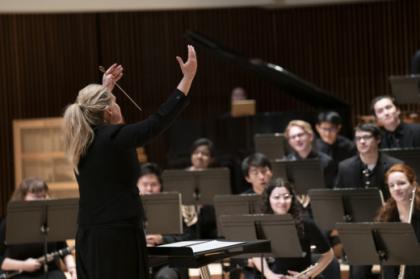
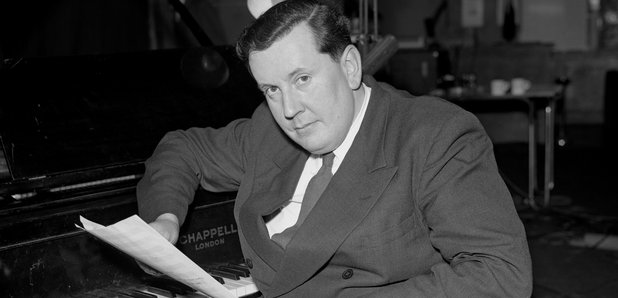 H.R.H. The Duke of Cambridge March
H.R.H. The Duke of Cambridge March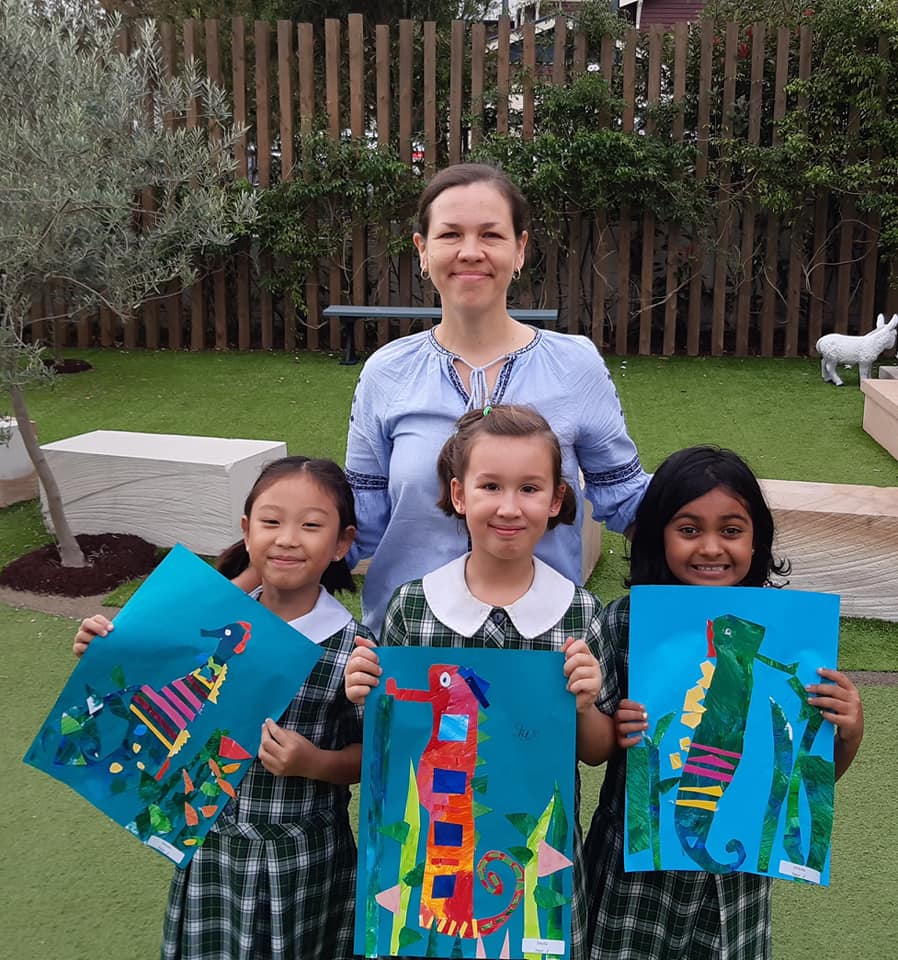 Planet B
Planet B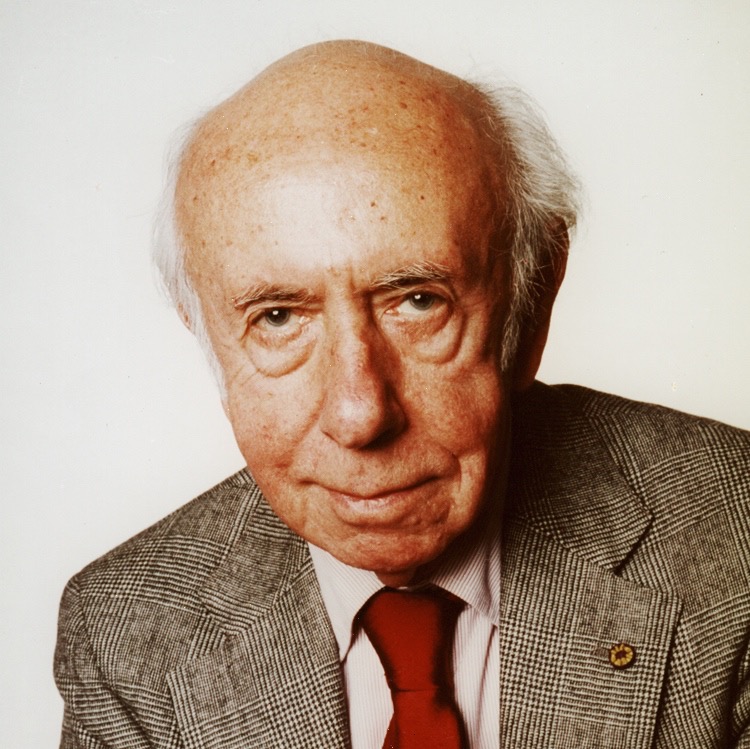 “Elegy” from The Holocaust Suite
“Elegy” from The Holocaust Suite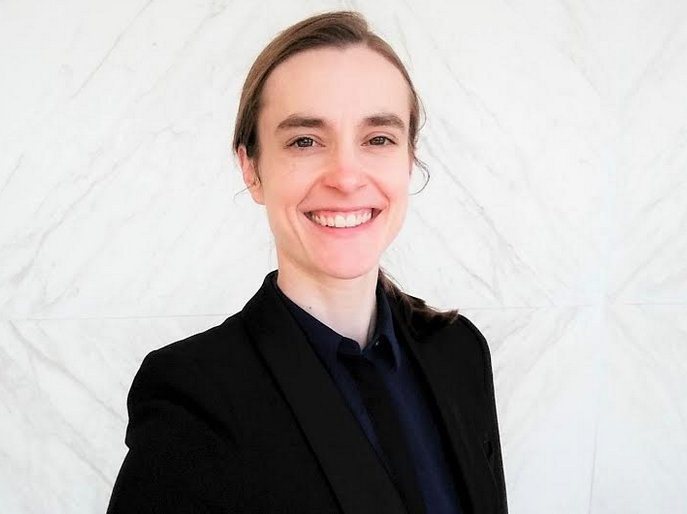 Tarot
Tarot
 ANDREA E. BROWN was appointed Associate Director of Bands at the University of Maryland, College Park in 2018. In this position, she conducts the University of Maryland Wind Ensemble (UMWE), serves as the Director of Athletic Bands and teaches conducting. Brown is formerly a member of the conducting faculty at the University of Michigan, where she served as Assistant Director of Bands and was a faculty sponsor of a College of Engineering Multidisciplinary Design Project team that researched conducting pedagogy technology. She also served as Director of Orchestra and Assistant Director of Bands at the Georgia Institute of Technology in Atlanta. She is a frequent guest conductor, clinician, and adjudicator in the United States, Europe, and Asia.
ANDREA E. BROWN was appointed Associate Director of Bands at the University of Maryland, College Park in 2018. In this position, she conducts the University of Maryland Wind Ensemble (UMWE), serves as the Director of Athletic Bands and teaches conducting. Brown is formerly a member of the conducting faculty at the University of Michigan, where she served as Assistant Director of Bands and was a faculty sponsor of a College of Engineering Multidisciplinary Design Project team that researched conducting pedagogy technology. She also served as Director of Orchestra and Assistant Director of Bands at the Georgia Institute of Technology in Atlanta. She is a frequent guest conductor, clinician, and adjudicator in the United States, Europe, and Asia..JPG) CHRISTINE HIGLEY is a first year doctoral student in wind conducting at the University of Maryland, College Park, where she serves as a wind conducting graduate assistant and studies under Michael Votta.
CHRISTINE HIGLEY is a first year doctoral student in wind conducting at the University of Maryland, College Park, where she serves as a wind conducting graduate assistant and studies under Michael Votta.  BRAD JOPEK is currently a first-year doctor of musical arts wind conducting student at the University of Maryland School of Music studying under Michael Votta, Jr. Jopek previously served as the music and artistic director of River Cities Concert Band in Louisville, Kentucky, where he worked to increase the band’s outreach in the Kentuckiana area, collaborating with local community bands and establishing chamber ensembles to reach underserved communities.
BRAD JOPEK is currently a first-year doctor of musical arts wind conducting student at the University of Maryland School of Music studying under Michael Votta, Jr. Jopek previously served as the music and artistic director of River Cities Concert Band in Louisville, Kentucky, where he worked to increase the band’s outreach in the Kentuckiana area, collaborating with local community bands and establishing chamber ensembles to reach underserved communities.